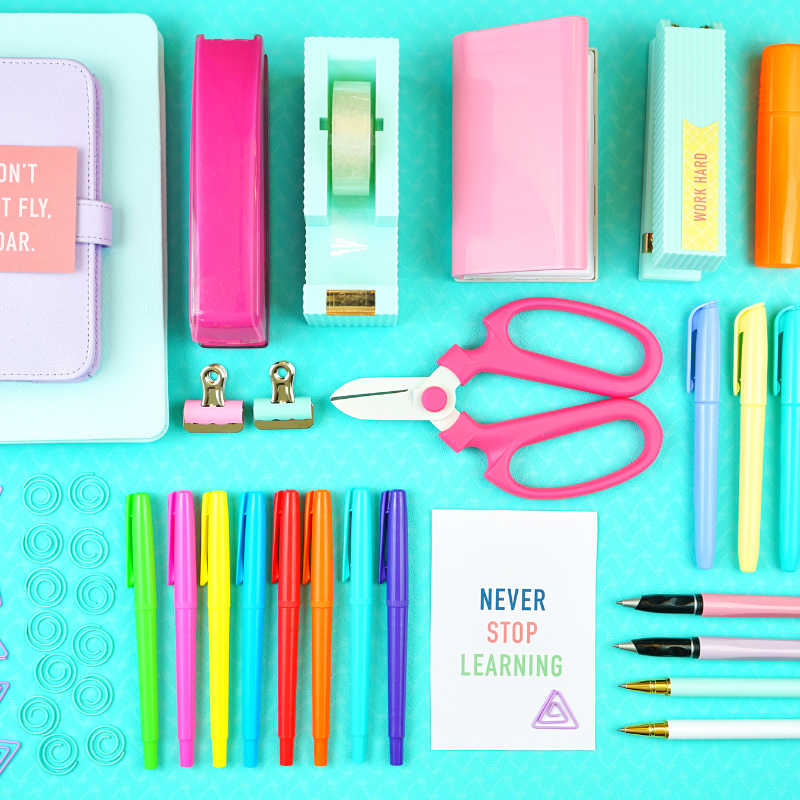When we are young, we naturally learn the language our parents speak. If you travel later, you become exposed to all kinds of different languages, and suddenly communication becomes more difficult. If you are in France, and you don’t know the difference between bonjour and au revoir, communicating your thoughts and feelings is going to be difficult, no matter how you try. You just don’t speak the right language.
People have their own emotional languages, too. In his book “The Five Love Languages,” Gary Chapman outlines the different ways people express and experience love. Although he takes a romantic approach to the subject, the same languages can be applied to any relationship, including the ones you have with your friends and family.
Once you understand the language you use and the ones your loved ones identify with the most, you can communicate better and strengthen your relationships. Check out this run-down of the five languages and think about which ones resonate the most with you and the people in your life:
Words of Affirmation
If unsolicited compliments validate and encourage you, this may be your love language. You might feel stronger when you hear “I believe in you,” or more appreciated when you hear “I love you.” If this is a language your friends or family identify with strongly, verbalizing your love and appreciation may strengthen your relationship.
Physical Touch
This one might make you blush at first, but physical touch is not always about romance. Think of the way you feel when a friend hugs you when you are down, or pats your hand when you are sharing something emotional. For some people, that kind of physical touch creates a deep connection that makes them feel safe, loved or appreciated.
Gifts
A real gift isn’t just a material object; it is a symbol of effort, thoughtfulness and love. If you feel extra special when someone takes the time to choose or make the perfect gift, this may be your language. If someone in your life identifies with it, try surprising them by giving periodic symbols of your affection. It can be large or small, because it really is the thought that counts.
Quality Time
For these folks, nothing means more than spending quality, distraction-free time with someone else. If your best friend falls into this category, try being a good listener, putting away your phone when you are together and doing activities you both enjoy.
Acts of Service
For many people, service is love. When they care about someone, they don’t mind helping them out with unpleasant chores or going out of their way to make their lives a little easier. And in return, they feel most loved when someone helps them out with a positive, giving attitude. If your mom, for example, speaks this language, show her you care by vacuuming the living room before she asks. It will brighten her day!
Which language do you identify with the most in your life? How can you use these to better communicate with your loved ones?




